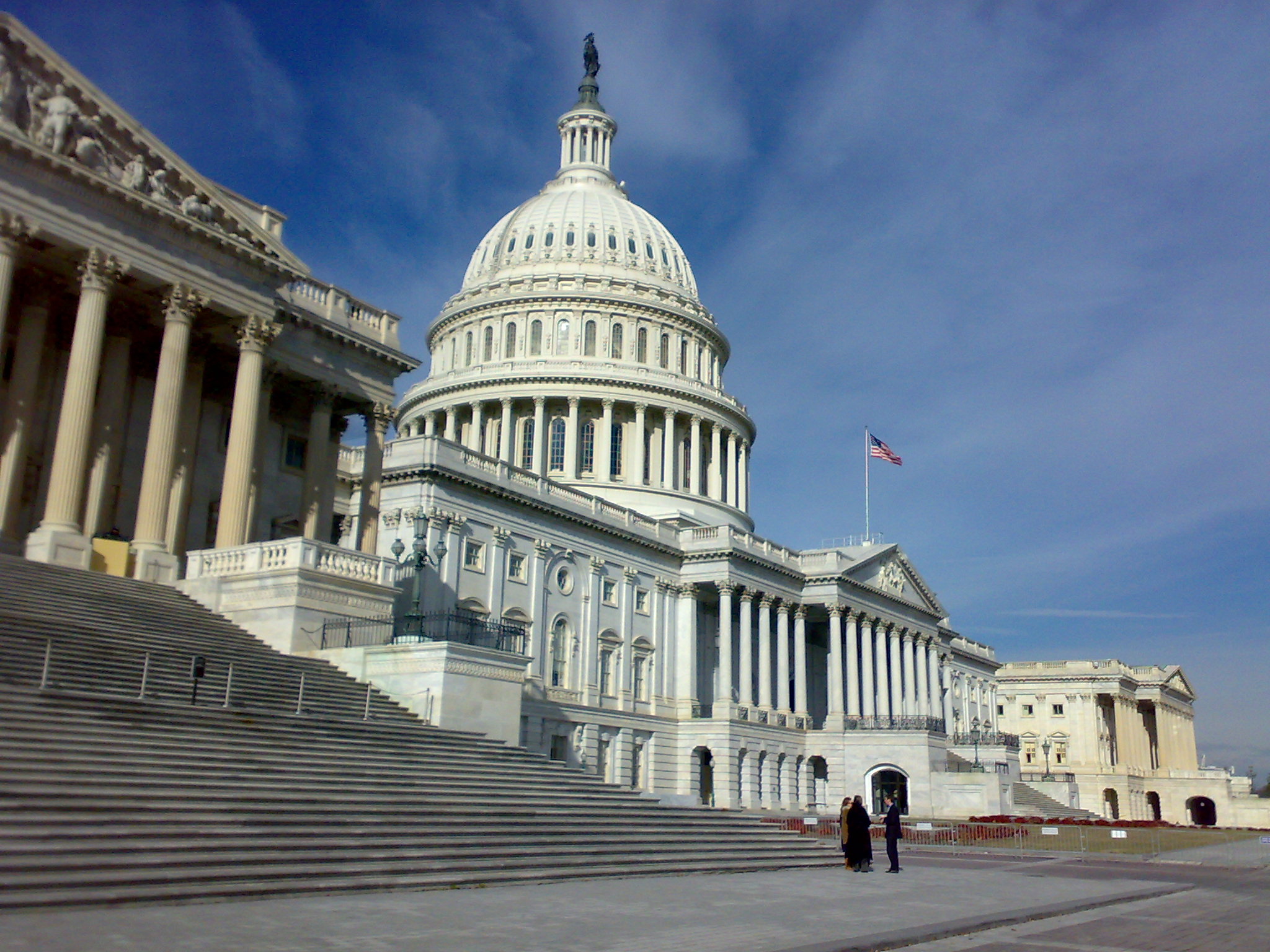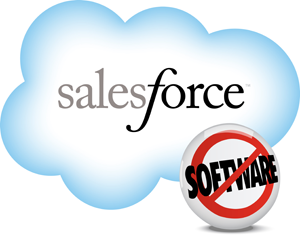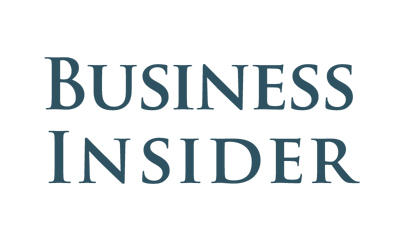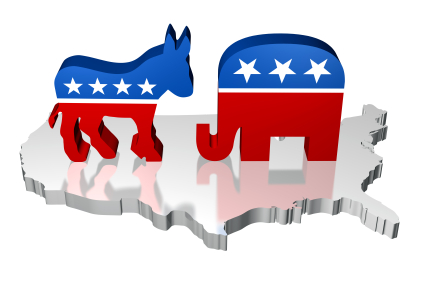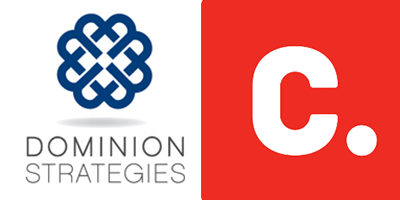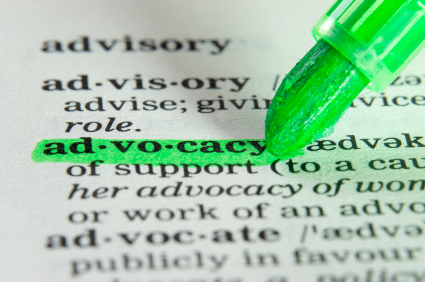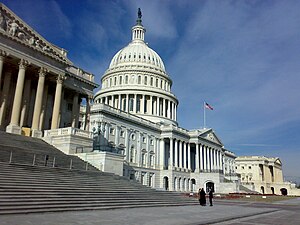
While we focus on the closing days of the 2012 elections, advocacy groups in Washington, DC are engaged in the biennial debate about what will be included in the anticipated “lame duck” session of Congress. Unlike the typical election year, however, Congress faces a December 31 deadline for coming up with a substitute for the “fiscal cliff,” which will result in about $500 billion worth of tax increases and $109 billion in government spending cuts due to start on January 2, 2013.
With the fiscal cliff on the near horizon, a bipartisan group of senators called the “Gang of Eight” and a group of prominent CEOs are exhorting lawmakers to find common ground. On the positive side, there appear to be several important items that are likely to be dealt with during the lame duck session, such as renewal of expired “tax extenders” worth around $30 billion, and a fix for the Alternative Minimum Tax – “the AMT patch,” among others.
However, many seasoned analysts think common ground on larger issues may prove elusive in the lame duck session. Leaders on both sides of the aisle have been laying down markers over the last couple weeks, indicating what they will accept in a package. Given these developments, it appears increasingly likely that any solution to the imminent fiscal cliff will be limited and will push the difficult decisions down the road three or six months.
Regardless of what issues are addressed, the nature of deliberations and decision-making in a lame duck session means broad-based grassroots advocacy has limited efficacy. This means that organizations will need to leverage their “grasstops” or key contacts to provide input into the lame duck process — and be ready for the 113th Congress.
Be Prepared
The most sophisticated advocacy organizations are already planning for the 113th Congress. Rather than waiting to see what happens with the elections or the lame duck session, savvy advocacy groups are avoiding the three biggest mistakes advocacy organizations typically make. These groups are building and engaging authentic constituencies to prepare for the critical issues that the upcoming 113th Congress will be facing.
So what are the three biggest mistakes advocacy organizations make in Washington, DC and in state capitols around the country? They are:
1) Waiting until too late – Waiting to recruit, educate, and engage advocates until a bill is moving to subcommittee, committee, or floor action produces sub-optimal results;
2) Failing to win hearts and minds – Failing to educate and engage your advocates in a manner that ensures they fully understand the implications and importance of a public policy outcome to them results in fewer and less-motivated advocates; and,
3) Making relationships one way – Only communicating with advocates when you want them to do something is a recipe for an unsustainable advocacy organization.
These mistakes are fairly intuitive, but you may be surprised how many large and sophisticated advocacy organizations make them. All three mistakes are the result of not being ready. Being ready means having an explicit plan and the necessary tools to accurately track key performance metrics around engagement. That’s why we created the Opinion Leader Network™, the leading online advocacy recruitment tool and Dominion Connect™, the leading Salesforce-based advocate relationship management system.
With a growing sophistication on Capitol Hill in the way messages are received and processed, Hill staff can accurately determine which constituent messages are authentic expressions of support or opposition and which ones are merely “astroturf.” The latter can result in not just a lack of progress and waste of limited funds, but can also significantly damage the reputation of your organization.
As John F. Kennedy said, “The time to repair the roof is when the sun is shining.” Don’t wait to engage your advocates until the bill that affects your advocacy organization’s mission is being debated in committee in the 113th Congress. They’re your most important assets and too much is at stake.
We’d be glad to help with structuring your earned, owned, and paid media plan and mapping your key performance metrics to prepare your organization for advocacy success in the 113th Congress. You can contact us here.

